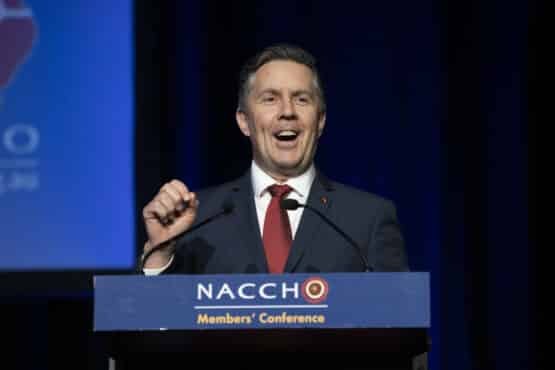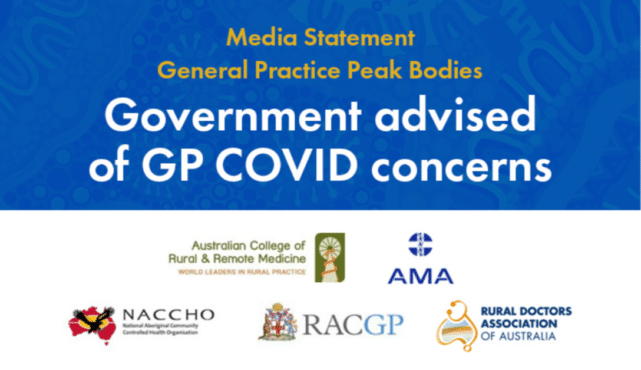

COVID-19 restrictions in remote communities (22 June 2020 update)
Coronavirus (COVID-19) restrictions in remote communities
Coronavirus has spread across the world and made many people sick. The good news is Australia has been very successful in both ‘flattening the curve’ and keeping the virus out of our remote communities. The number of new coronavirus cases in Australia each day is very low. Some areas are now beginning to take careful steps to ease some of the restrictions that have helped stop the spread of the virus. In other areas we need to keep these measures going a little longer to protect our mob, our Elders and our culture from this virus.
Remote Framework
Governments and community leaders were worried about what would happen if there was a coronavirus outbreak in a remote community. Restrictions were put in place on travelling to some remote communities. This meant people couldn’t enter these designated areas without first self-isolating. This was done to stop people including tourists from bringing the virus into communities, and so far this has worked. If coronavirus gets into our remote communities, it will be hard to get rid of. It will hurt our people and could make our people very sick.
The government with leaders in Aboriginal and Torres Strait Islander health have designed a framework to help governments and communities make decisions about when to lift restrictions in remote areas. The focus is keeping everyone safe. You can find the remote framework on the health.gov.au website under ‘Resources for Aboriginal and Torres Strait Islander people and remote communities’.
The restrictions will stay in place until 18 September, unless communities and governments agree to lift them earlier. Some communities are working with governments to lift the restrictions while keeping communities safe.
Physical distancing
One of the best ways to protect ourselves from coronavirus is to stay at least two big steps away from people whenever and wherever we can. If there are too many people at places like the shops, it makes it very difficult to keep your distance. Come back when it is not as busy or see if you can order the items online.
Good hygiene
Good hygiene helps stop the spread of many illness, including the coronavirus. Wash your hands regularly with soap and water, especially after going to the toilet and before preparing food. Make sure to wash for 20 seconds at least. Don’t touch your face as this is where the virus enters your body, and remember to cough and sneeze into your elbow instead of your hand.
Stay home if you are unwell and get tested
It is important you stay home if you have cold or flu like symptoms. If you have a fever, cough, sore throat, or shortness of breath, make sure you get tested for coronavirus.
The COVID-19 Point of Care Testing (POCT) program is being put into place in regional and remote Aboriginal and Torres Strait Islander communities across Australia. This allows people including health care workers, to remain in community while in isolation and waiting for test results. The goal of the program is that health care services are no more than 2-3 hours drive away from a testing location.
Download the COVIDSafe App
Make sure you download the COVIDSafe app. The app allows public health workers to know when a person who has the virus has been around other people, and who those people are. Public health workers can then contact people to let them know they have been close to a person with the virus, and what they need to do next. The app does not trace your location or movement, or tell police or other officials where you have been or what you are doing.
COVIDSafe Australia
Our success depends on us making new behaviours such as physical distancing, extra hand washing and coughing into our elbow, part of our daily lives. Whenever you leave home, think about how you’re going to keep yourself, family and friends safe from coronavirus. Make good choices about what you do and when you do it.
Make sure you stay up to date with the latest information at Australia.gov.au which also has links to state and territory websites. Visit niaa.gov.au for further information about which remote community biosecurity restrictions are place. You can also call the National Coronavirus Helpline on 1800 020 080.

Written and supplied by the Australian Government Department of Health, Canberra.

